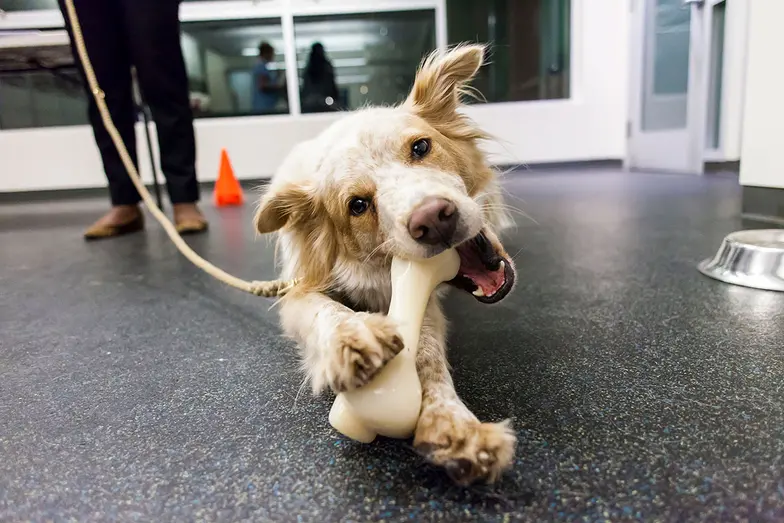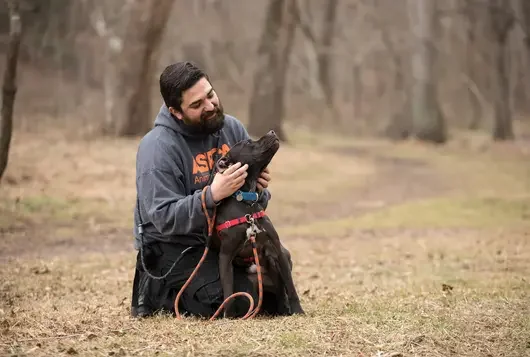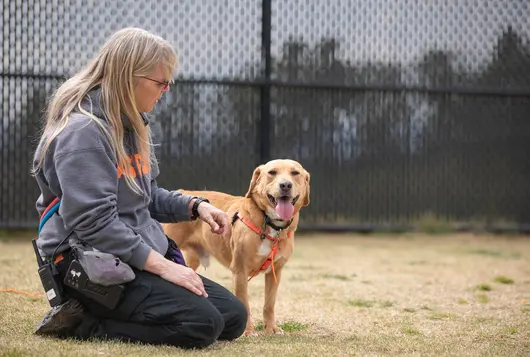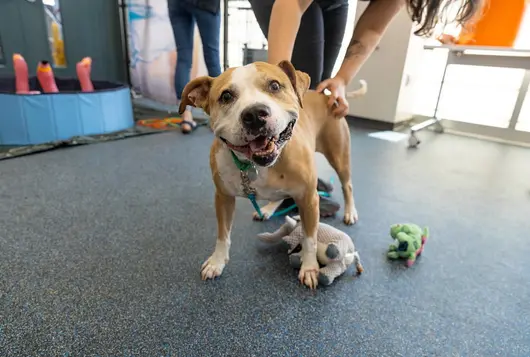Animal Behavior

Understanding the behavioral quirks of cats and dogs can make for a safer and more enjoyable working experience for people and animals alike.
The information in this section is gleaned from your colleagues in the field as well as ASPCA experts, including those at our Behavioral Rehabilitation Center in North Carolina. This facility is dedicated to providing behavioral rehabilitation for fearful, undersocialized dogs, such as those rescued from puppy mill and hoarding situations.
Expert advice is also provided by the ASPCA Anti-Cruelty Group, which includes animal behaviorists who evaluate victims of cruelty cases, assist with assessment and rehabilitation, and offer advice and counseling to animal welfare organizations.
Concerns around food guarding, how to tell whether cats are socialized, in-shelter assessments and a myriad of other behavioral issues are included.
"For some animals, the reality is that after a lifetime of neglect and abuse, the rescue is just the beginning of their journey to recovery."
Big ideas and practical tips proven to save animals’ lives
Animal Behavior For Shelter Veterinarians and Staff
Have you read the groundbreaking book?






